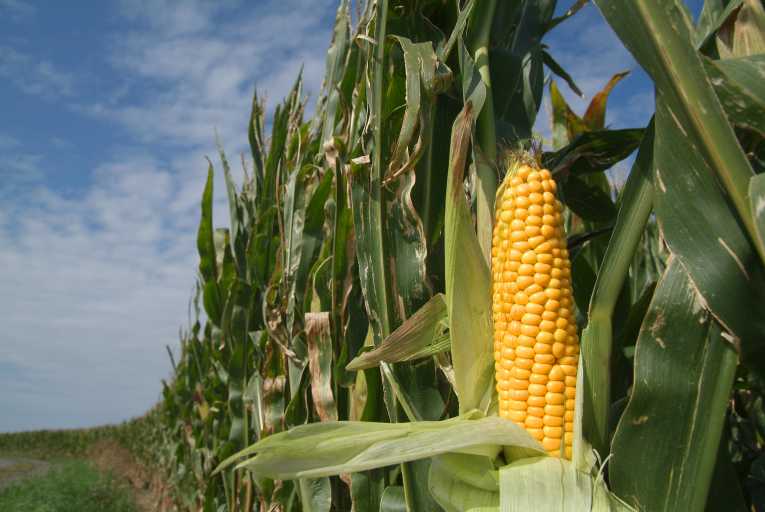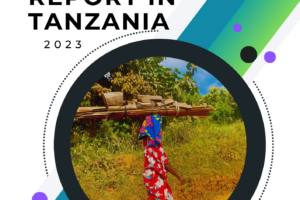
Maize farmers can benefit from their sweat.
The Prime Minister of Tanzania, Kassim Majaliwa has said President SamiaSuluhu Hassan has given Tsh. 50 billion, which will be used to buy maize from farmers to save them from falling prices.
Maize crop grown as a food crop in various regions in Tanzania dropped from 500 / = per kilo to 400 / = shillings per kilo for the crop for the year 2020/2021; with a big cry for farmers not to benefit from the crop !.
There is a lot to learn and measures that are in the best interest of the farmers of this crop to be taken as soon as possible to prevent this catastrophic market downturn and maize prices for farmers from happening again in the next harvest season:
Enabling the farmer to cultivate more crops at a lower cost; If the government reduces tax and other fees involved to inputs and fertilizers, it will allow the farmer to afford production costs and make huge profits even if crop prices fall. The cost of production and operation of farms until harvest is high, forcing farmers to incur more charges that become harder to compete in the market.
Spontaneously, the tractors, fertilizers, pesticides, and crop additives will be available at a reasonable price and friendly to farmers.
Again, there will be no blame on the decline in prices due to access of high yields for farmers while using low capital will enable them not to be affected by the market price that changes from time to time and force farmers to demand massive assistance from the central government to cover the cost, which inturns is misallocation of the taxpayer’s money to the non-productive area.
Opening the international borders to small and large-scale maize farmers; will strengthen the domestic revenue and attract smallholder farmers to invest in more production. There will be no middle ground for pricing these crops. Also, it will facilitate access to raw materials to various existing industries in the country. Tanzania has a total of 4500 factories involved in the processing and production of maize products; the opening of the market will allow these industries to save other countries and not just Tanzania and thus will attract more investors to the agriculture sector in Tanzania.
As Africa is moving forward to an open market, Tanzania should take this opportunity and enable maize farmers to seek markets abroad without any restrictions from the government. It has been difficult for maize growers to export their products because it is a local food crop, and a shortage of such grain in the national grain warehouse.
To alleviate the decline in prices and the market for this crop, farmers must start looking for overseas markets to ensure reasonable prices and a reliable market in countries such as the Democratic Republic of Congo (DRC), Zimbabwe, and South Sudan. This will solve the challenge of significantly lowering the prices of this crop.
Recognizing the maize crop as a commercial crop in the country; There is no doubt that now is the time to acknowledge this crop as one of the country’s commercial crops and be respected, as was the case with crops such as beans and rice. Because maize
production is increasing year on year
REFERENCES
1.SERIKALI YATANGAZA NEEMA KWA WAKULIMA WA MAHINDI 22.7.2021 (habarileo)https://www.habarileo.co.tz/habari/2021-07-2260f9046320709.aspx
2.Serikali yaipa NFRA Sh15 bilioni za kununua mahindi (mwananchi)2.09.2021.



Statement: A Peaceful, Freer and Prosperous Africa can Defeat Coups- African Think Tanks